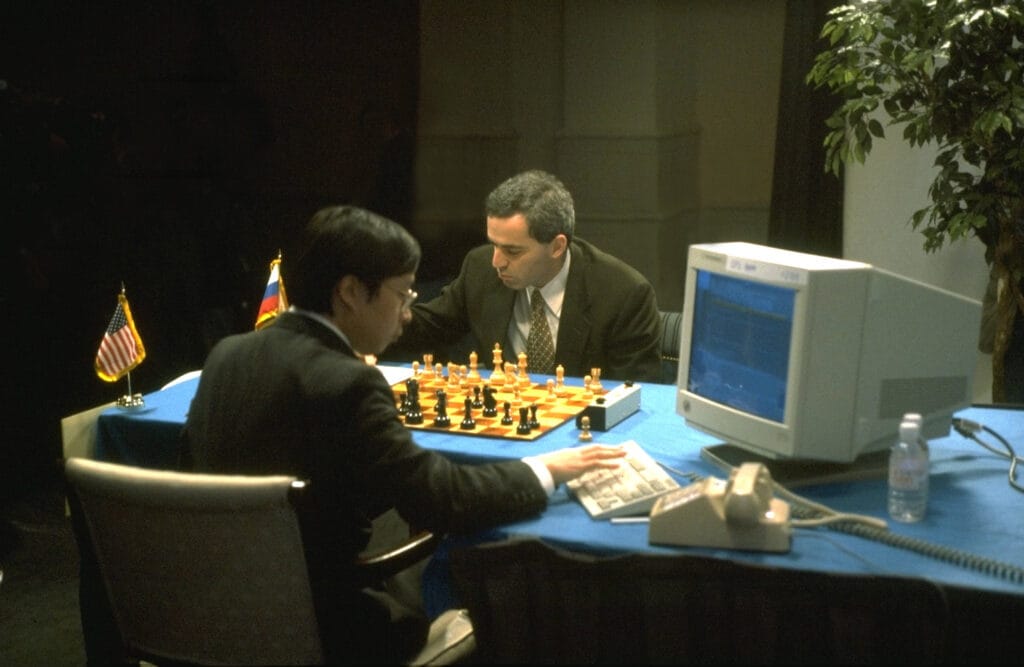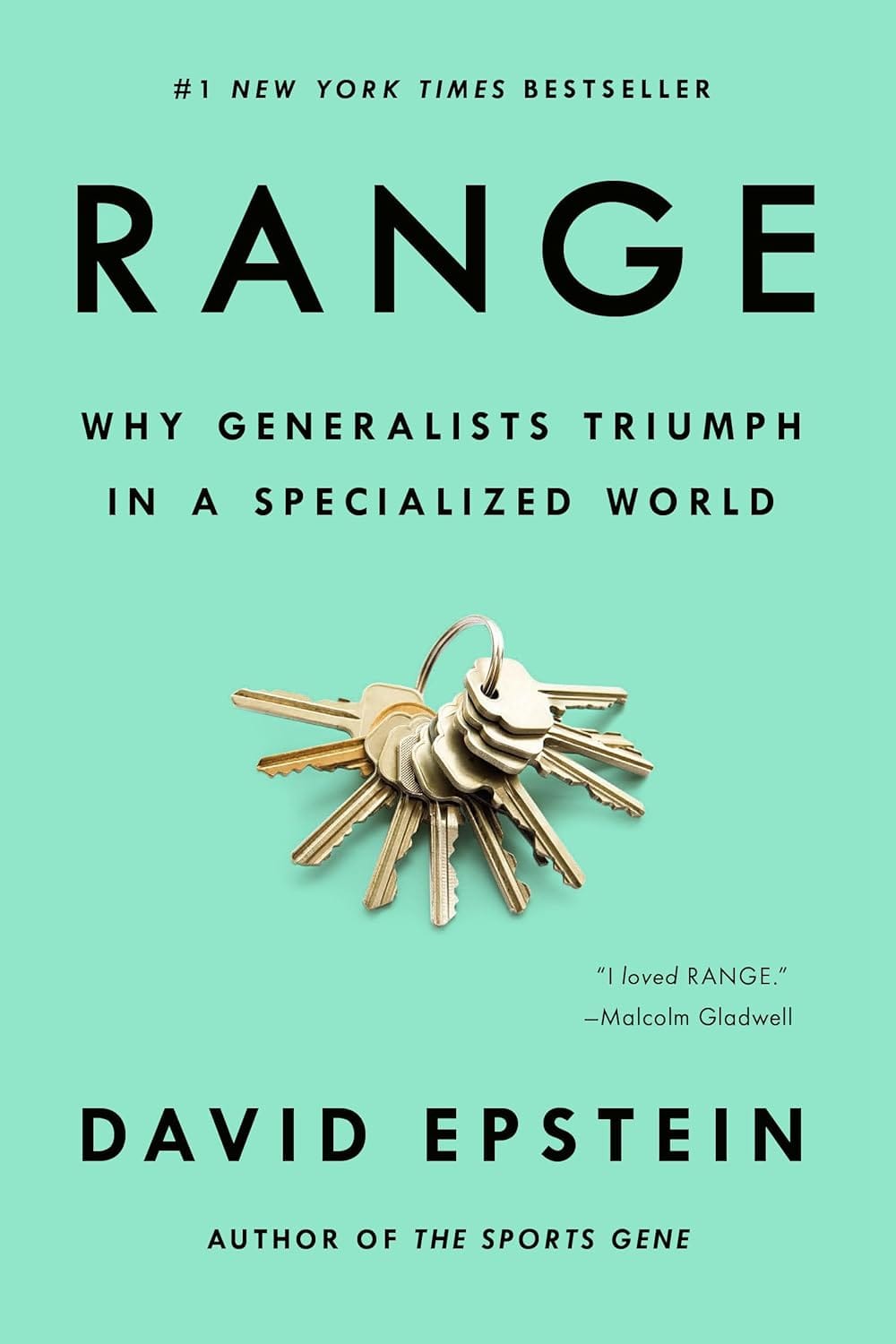Centaurs of vibe coding

I'm reading Range by David Epstein at the moment, of which the below is an excerpt.
I can't help but draw parallels between the evolution of AI, 10+ years ago, and today – if you just switch chess:programming, and freestyle:vibe-coding.
It feels remarkably similar.
In a 1997 showdown billed as the final battle for supremacy between natural and artificial intelligence, IBM supercomputer Deep Blue defeated Garry Kasparov. Deep Blue evaluated two hundred million positions per second, That is a tiny fraction of possible chess positions-the number of possible game sequences is more than atomsin the observable universe—but plenty enough to beat the best human. According to Kasparov, "Today the free chess app on your mobile phone is stronger than me." He is not being rhetorical.
"Anything we can do, and we know how to do it, machines will do it better," he said at a recent lecture.
"If we can codify it, and pass it to computers, they will do it better." Still, losing to Deep Blue gave him an idea. In playing computers, he recognized what artificial intelligence scholars call Moravec's paradox: machines and humans frequently have opposite strengths and weaknesses.
There is a saying that "chess is 99 percent tactics." Tactics are short combinations of moves that players use to get an immediate advantage on the board. When players study all those patterns, they are mastering tactics. Bigger-picture planning in chess—-how to manage the little battles to win the war—is called strategy. As, Susan Polgar has written, "you can get a lot further by being very good in tactics"–that is, knowing a lot of patterns–"and have only a basic understanding of strategy."
Thanks to their calculation power, computers are tactically flawless compared to humans. Grandmasters predict the near future, but computers do it better. What if, Kasparov wondered, computer tactical prowess were combined with human big-picture, strategic thinking?
In 1998, he helped organize the first "advanced chess" tournament, in which each human player, including Kasparov himself, paired with a computer. Years of pattern study were obviated. The machine partner could handle tactics so the human could focus on strategy. It was like Tiger Woods facing off in a golf video game against the best gamers. His years of repetition would be neutralized, and the contest would shift to one of strategy rather than tactical execution. In chess, it changed the pecking order instantly. "Human creativity was even more paramount under these conditions, not less," according to Kasparov.
Kasparov settled for a 3-3 draw with a player he had trounced four games to zero just a month earlier in a traditional match.
"My advantage in calculating tactics had been nullified by the machine."
The primary benefit of years of experience with specialized training was outsourced, and in a contest where humans focused focused on strategy, he suddenly had peers.
A few years later, the first "freestyle chess" tournament was held. Teams could be made up of multiple humans and computers. The lifetime-of-specialized-practice advantage that had been diluted in advanced chess was obliterated in freestyle. A duo of amateur players with three normal computers not only destroyed Hydra, the best chess supercomputer, they also crushed teams of grandmasters using computers. Kasparov concluded that the humans on the winning team were the best at "coaching" multiple computers on what to examine, and then synthesizing that information for an overall strategy. Human/Computer combo teams— known as "centaurs" —were playing the highest level of chess ever seen.
If Deep Blue's victory over Kasparov signaled the transfer of chess power from humans to computers, the victory of centaurs over Hydra symbolized something more interesting still: humans empowered to do what they do best without the prerequisite of years of specialized pattern recognition.
In 2014, an Abu Dhabi-based chess site put up 520,00 in prize money for freestyle players to compete in a tournament that also included games in which chess programs played without human intervention. The winning team comprised four people and several computers. The captain and primary decision maker was Anson Williams, a British engineer with no official chess rating. His team-mate, Nelson Hernandez, told me,
"What people don't understand is that freestyle involves an integrated set of skills that in some cases have nothing to do with playing chess."
